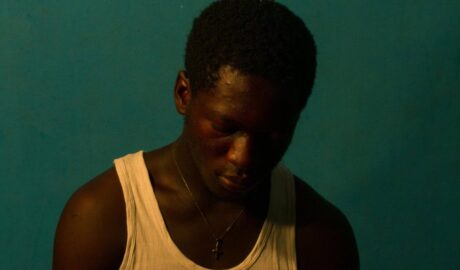In a recent move by the United States to force its agenda on African countries, Uganda is facing the heat after the U.S. decided to terminate the country as a beneficiary of the African Growth and Opportunity Act (AGOA).
The significant move, which comes with far-reaching implications came after Uganda was cited as one of those countries with human rights concerns which don’t sit well with the United States. Therefore, the US has decided to terminate Uganda’s designation as a beneficiary of the AGOA.
The decision came after U.S. President Joe Biden expressed concerns about Uganda’s Human Rights record and its compliance with the eligibility criteria under AGOA. In a letter addressed to the Speaker of the House and President of the Senate, President Biden stated, “The Government of Uganda has engaged in gross violations of internationally recognized Human Rights.” This decision to revoke AGOA eligibility reflects the U.S. administration’s deep reservations about Uganda’s human rights practices.
Uganda is not the only country affected by this move. The Central African Republic, Gabon, and Niger have also had their AGOA eligibility terminated. These countries were similarly cited for Human Rights abuses. However, some see this as a tactic to derail the efforts of AGOA just because the African countries don’t subscribe to the same thoughts concerning gay rights.
President Biden emphasized that despite extensive diplomatic engagement between the United States and the affected nations, concerns have persisted regarding these countries’ non-compliance with AGOA eligibility criteria even though, for many years these very countries have had these issues it was only when lines were drawn concerning the gay rights agenda that the hammer on AGOA finally came.
The African Growth and Opportunity Act, widely known as AGOA, was established into U.S. law in 2000. It aims to promote economic growth and development by providing duty-free access to the U.S. market for a wide range of products from eligible African nations.
Also, read: Circular Fashion: Redefining Wardrobe Sustainability




